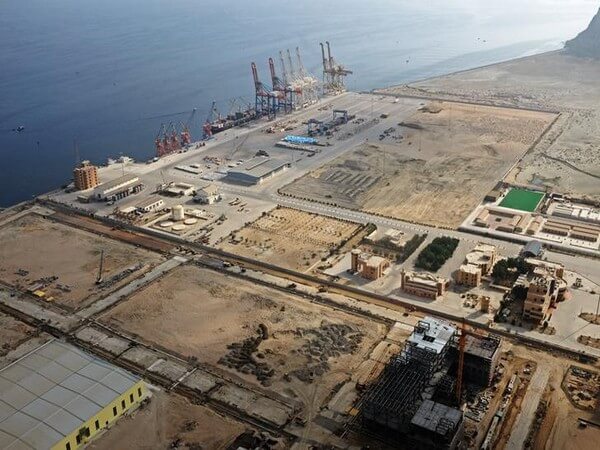
China, Pakistan and Their Secret Wars in Afghanistan
Sat, 14 Aug 2021 | Reading Time: 9 minutes

China, Pakistan and Their Secret Wars in Afghanistan
Cdr Sandeep Dhawan (Retd)
In 2014 then US President Obama announced that he plans to cut the 34000 strong American forces in Afghanistan by 70 percent. He further stated that by 2015 he intends to bring the strength to 5500 and by 2016 a complete withdrawal. The situation with ISIS didn’t allow him the luxury of complete withdrawal.
The Trump administration, in fact initially increased the number of troops to 14000 before giving a complete withdrawal plan by 2022. However, it is the Biden administration which fast-tracked the withdrawal to 2021. Today, the withdrawal of the American forces is a reality that is staring at the Afghan government.
It is a deja-vu kind of feeling about Afghanistan. Just 20 years back the al-Qaeda changed the way one looked at Afghanistan. The situation started to change after 9/11. However, with the US withdrawal, Afghanistan is about to plunge into darkness once again, and it worries two countries the most, China and Pakistan.
The Taliban Game Plan

8th Aug 2021: The Taliban territory in red, Afghan government in grey, contested in orange
As of early August 2021, the Taliban controlled over 85 percent of the Afghan territory. They hold almost all the border districts that matter. Town after town is falling and Afghan forces are giving up without putting up a fight. The Taliban have clear-cut aims in Afghanistan:
- Establish an Islamic government with control over as much territory as possible
- Give assurances & sign pacts but keep China, Pakistan, and the US on the tenterhooks
- Apply extreme pressure on Pakistan & China and extract maximum from their nervous moves
The Taliban are aware that pulling down the government in Kabul would not be in their interest. It would unnecessarily attract international attention, probable military action, and sanctions. If the Taliban are intelligent enough they would rule the roost without decimating the Afghan government. What could be better than enjoying the power and still not be responsible? Over the years the Taliban has matured, however, keeping the records of the Taliban in mind, nothing is ruled out, even a move that would not serve them any purpose.
The Taliban is not an unknown entity for China. They have been engaging with each other in the past. China prefers to work with governments of the country, regardless of regime type. Even in Pakistan’s case also, they know who wields the power and who to talk to. However, in Afghanistan’s case, they are in flux.
What transpired between Chinese Foreign Minister Wang Yi and the Taliban leader Mullah Abdul Ghani Baradar on 28 July is better known to them, but in the past Beijing has offered investments in energy and infrastructure projects in exchange for peace. This time around they could have offered much more. China has also been showing the carrot of expansion of the China-Pakistan Economic Corridor (CPEC) to Afghanistan for a long time. But heart-to-heart Chinese leadership is aware that whatever they do, their dream project BRI and along with those billions of dollars of investment is heading for doom.
The fundamental worry of China is the Taliban‘s close relationship with the East Turkmenistan Islamic Movement (ETIM). The Taliban is in no position to dwell in realpolitik while dealing with other militant groups. In the Badakhshan which is now under Taliban control, the bulk of the fighters are Tajik, Uzbek, Uighur, and Chechen. The Taliban understands it very well that the continuous supply of these foreign fighters is very important for their existence. Therefore, even though the Taliban has assured China that Afghan soil would not be used against Chinese interests, both parties know it well that keeping that promise would be very difficult.
Another worried entity in the region is Pakistan. They hate Afghan President Ashraf Ghani and his team to the core but charming the Taliban has its side effects. Tehreek-e-Taliban Pakistan (TTP), or the so-called “Pakistani Taliban”, would surely benefit from the rise of the Taliban. TTP has long been challenging Pakistani establishment within Pakistan. They have also carried out operations against Chinese workers, working on various projects in Pakistan. Two Taliban groups have a complex relationship but still, the Afghan Taliban has long provided sanctuary to the TTP, and that equation is not going to change.
Chinese Dilemma and Frustration
China throughout objected to the stay of American forces in Afghanistan. Now, as the withdrawal has become a reality and the situation is deteriorating, China has changed tack. It is criticizing the US for the abrupt exit. A lot is going on in the worried Chinese leadership’s mind. Broad issues are:
- Security of CPEC
- Security of BRI, especially Tajikistan-Iran section
- Security of existing natural gas pipelines in Turkmenistan and proposed ones in Tajikistan
- Dashed dreams of the ‘Five Nations Railway Project’
- Future of investment in ‘Digital Silk Road’ and copper mining
- The threat of the East Turkestan Islamic Movement (ETIM) in Xinjiang
China’s interest in Afghanistan is primarily related to the security of its Belt and Road Initiative (BRI). The Chinese government can circumvent Afghanistan while creating the infrastructure, however, it would not be easy enough for the Chinese government. Afghanistan sits at the confluence of two major thoroughfares. These important routes go westward to Central Asia and southwards via China-Pakistan Economic Corridor (CPEC) to the Indian Ocean and the Middle East. Any instability in Afghanistan means a threat to these very important parts of BRI.

Five Nation Railway Corridor: Courtesy insightful.co.in
China was gung-ho about another ambitious BRI initiative, ‘The Five Nations Railway Project’. The project illustrates Afghanistan’s strategic location in the region. The 2100 km, railway project was to connect China with Central Asia (Tajikistan and Kyrgyzstan), Afghanistan, Iran, and Europe. The continuation of a strong Afghan government was an ideal proposition for China, and they must be sorely missing the US security umbrella.

Digital Silk Road’ program of BRI: Courtesy insightful.co.in
Afghanistan also provides the shortest path for China’s fiber optics linkage to the Middle East and Europe. Under the ‘Digital Silk Road’ program of BRI China has invested in Afghanistan’s fiber optics connectivity through Wakhan Corridor. It was achieved through an agreement signed in August 2017. It was a win-win situation for Chinese authorities. The United States was fighting the bad guys and China was expanding its business.
China also had high hopes of reviving the Mes Aynak mines contract, the world’s second-largest copper deposits. The Chinese government had also expressed interest to invest in marble and alabaster mineral extraction. As of now, everything seems to be in limbo.
With the rejuvenation of the Taliban, the Chinese fear of a revival of the separatist movement in the Xinjiang region could become a reality. The Chinese fears may not be misplaced, even though in the recent past virtually every attack in China has been indigenous one, and not tied to any international network. However, the scenario is fast changing. Turkestan Islamic Party or ETIM has emerged as a more capable player, learning from the Syrian civil war.
Another concern of China has been about the return of more battle-hardened fighters from northern Syria. In the last decade or so China has also been targeted by various other militant and terrorist groups that had previously given it a pass. China knows that the Taliban may turn a blind eye to Chinese atrocities in Xinjiang due to their commitment to China, but the situation within Afghanistan is becoming conducive for these groups to flourish. The attacks on the Chinese mainland may not be possible but the Chinese interests are spread far and wide. Its businesses are not safe, be it Central Asia, the Middle East, or Africa. The worst thing is that China has no strategy or plan to counter that. It relied too heavily on the American presence, all over the region.
Pakistan At the Centre of Every Storm
China has three well-defined goals in Pakistan:
- Keep the pot boiling between India and Pakistan
- Utilize Pakistan in Afghanistan to achieve objectives
- Restrict independent Pakistani policy & decision making
Soon after the Chinese Communist Party (CCP) came to power, it recognized two important facts. First, India would rise and challenge China in the future. Second, the Pakistani Army in its desire to be relevant would do just about anything.
Pakistan’s strategic location could have been a boon to the country, but for some strange reason, they chose the divergent path. Afghanistan connects to Pakistan at four railway points. These connections can potentially link Afghanistan to the CPEC and Pakistan to Central Asia for business. However, Pakistan never took that road because that neither suits China nor the Pakistani Army. In the bargain Pakistan losses about $2 billion annually in bilateral trade.
The Taliban were completely wiped out of Afghanistan by 2002. However, when the United States shifted focus to Iraq in 2004, the Pakistani Army used this opportunity, extended helping hand to the Taliban and they regained their major force status in Afghanistan. Help or no help, the Taliban remain an unreliable entity. Pakistan, for all its assumed influence, is unable to convince the Taliban to give up its engagement with the TTP. The Taliban have not even honoured its promise to disavow al-Qaeda.
Even though these policies served the purpose of the Pakistan Army well, they didn’t benefit Pakistan as a nation. Today Pakistani Army finds itself stuck between the rock and a hard place. China is aware of Pakistan’s hold over the Taliban. Therefore, they are pressurizing the Pakistani Army to rein in local as well as Afghan Taliban. Due to western pressure and fear of sanctions, Pakistan for the time being is distancing itself away from the Taliban, but not for long. Pakistani NSA Moeed Yusuf has labelled Pakistan and Afghan Taliban as the two sides of the same coin. Pakistan’s situation is precarious. If they recognize and work with the Taliban they are in trouble from the west and if they don’t, then also they are in trouble from China. But the most severe blow would come from the Taliban who would stop Pakistan Army’s drug money.
Where Does India Stand
Even though from Mahabharata to Chandra Gupta to Maharaja Ranjit Singh, and many other Indian kings had subdued Afghanistan in the past, modern India has always indulged in constructive activities in Afghanistan. This fact is recognized by the Afghan government but the Taliban is not ready to acknowledge this distinction.
India has pledged over US$3 billion towards the social and economic causes of Afghanistan. It is a signatory of the ‘Strategic Partnership Agreement’ and continues to assist Afghan security agencies. India provides them with logistical support and trains cadet officers in the Indian military academies.
In the present scenario, India would be walking a very tight rope. Engage or not to engage with the Taliban would be a million dollars question. India would be risking goodwill with the Afghan government as well as the Afghan citizens. India’s engagement with the Taliban should be overt. This would give assurance to the Afghanis who do not side with the Taliban.
The Future is Bleak But Crystal Clear
The civil war in Afghanistan is a foregone conclusion. The Afghani President Ashraf Ghani is preparing for the long haul. This is not good news for the region in general and China & Pakistan in particular.
The situation in Afghanistan would make China, particularly a very nervous nation. They have a lot riding on Xi Jinping’s signature project, the BRI. Ever since he has taken charge of the affairs, the Chinese growth rate has stagnated, approval ratings have plummeted, and population growth has shown a downward trend. This makes him a very worried person. In the nervousness, he keeps seeking loyalty and support from PLA in all his interactions. He knows that Chinese citizens would not ride the fake nationalism wave for long. He will have to pull a rabbit out of the hat or perish.
To ensure the safety and security of its projects, China will lean heavily on Pakistan. Eventually, China would press Pakistan to intervene in Afghanistan, militarily. The question is whether Pakistan has the capacity and capability to control events in Afghanistan. Afghanistan is going to be Pakistan Army’s Waterloo. When that happens China will use its economic might to create a bloc of vassal states and unleash corruption, weak governance, and instability in not just Afghanistan but the whole of Central Asia (Kazakhstan, Kyrgyzstan, Tajikistan, Turkmenistan, and Uzbekistan) and Pakistan. Using the bloc China would try to achieve its objectives and avoid accountability at the United Nations.
Countries like India need to be extra guarded. Strategic co-operation between Pakistan, China, and Russia is at an all-time high and that doesn’t augur well for the South Asian giant. India must engage Russia regularly to safeguard its investment and hard work of 20 years in troubled Afghanistan. India must step up its cooperation with Iran to ensure that Iran doesn’t fall for any Chinese bloc which is detrimental to the region. Lastly, India must develop a strategy to counter Pakistan’s obsession with blocking India in Afghanistan, which has reached an all-time high.
At the end as Edward Rutherfurd says, “All empires become arrogant. It is their nature.” Afghanistan has been the graveyard of many empires. Would it become a graveyard of Xi Jinping’s presidency and tame his arrogance? Many Chinese leaders are waiting in the wings to replace Xi Jinping, only time would tell who would take that courageous step and when.
**********
References:
- ecfr.eu/article/after-the-withdrawal-chinas-interests-in-afghanistan
- rand.org/blog/2019/03/trumps-latest-move-on-afghanistan-is-a-repeat-of-obamas.html
- thediplomat.com/2021/08/china-in-afghanistan-trade-and-terrorism
- lowyinstitute.org/the-interpreter/china-s-afghan-conundrum
- longwarjournal.org/mapping-taliban-control-in-afghanistan
- interrail.ag/en/extensions/news/artikel/new-train-connection-china-afghanistan-a-success
- scmp.com/news/china/diplomacy/article/3136112/china-seeks-expand-belt-and-road-afghanistan-name-security-us
- library.fes.de/pdf-files/bueros/kabul/15587.pdf
- carnegieendowment.org/files/reconciling_with_taliban.pdf
- wilsoncenter.org/article/what-does-taliban-want-event-summary
- cfr.org/backgrounder/taliban-afghanistan
- lowyinstitute.org/the-interpreter/pakistan-fuelling-taliban-takeover
- theconversation.com/afghanistan-after-the-us-withdrawal-the-taliban-speak-more-moderately-but-their-extremist-rule-hasnt-evolved-in-20-years-164221
- futuredirections.org.au/publication/indias-decision-to-negotiate-with-the-taliban-could-undermine-its-efforts-to-establish-a-democratic-afghanistan/
Author

A veteran of the Indian Navy, Cdr Sandeep Dhawan served in the Navy from 1988 to 2009. He was a Maritime Reconnaissance Pilot and a Flying Instructor. He is a geopolitical analyst and writes for the various online websites and organizations. His Twitter handle is @InsightGL.
Disclaimer
The opinions expressed in this article are the author’s own and do not reflect the views of Chanakya Forum. All information provided in this article including timeliness, completeness, accuracy, suitability or validity of information referenced therein, is the sole responsibility of the author. www.chanakyaforum.com does not assume any responsibility for the same.
Chanakya Forum is now on . Click here to join our channel (@ChanakyaForum) and stay updated with the latest headlines and articles.
Important
We work round the clock to bring you the finest articles and updates from around the world. There is a team that works tirelessly to ensure that you have a seamless reading experience. But all this costs money. Please support us so that we keep doing what we do best. Happy Reading
Support Us




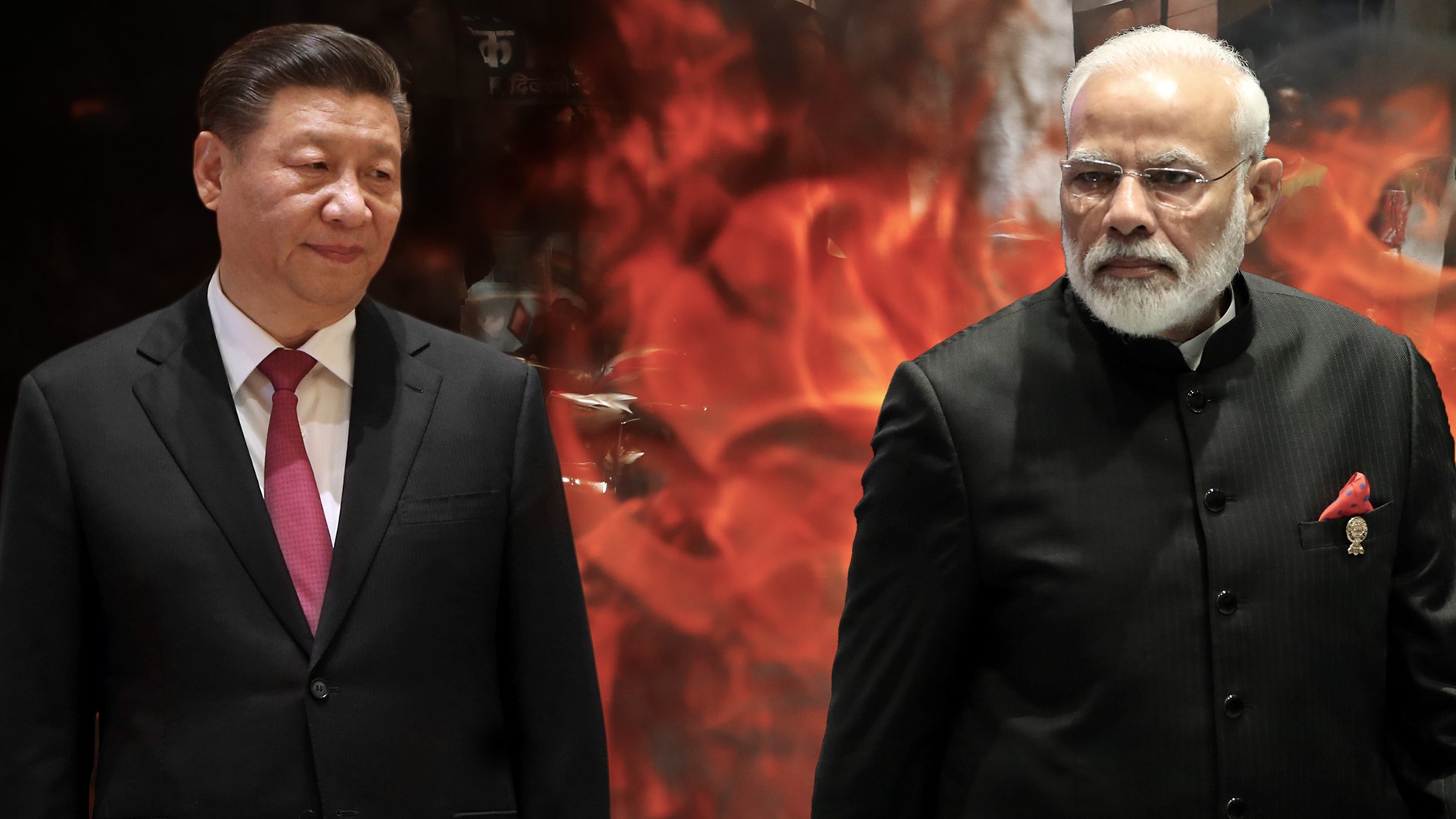
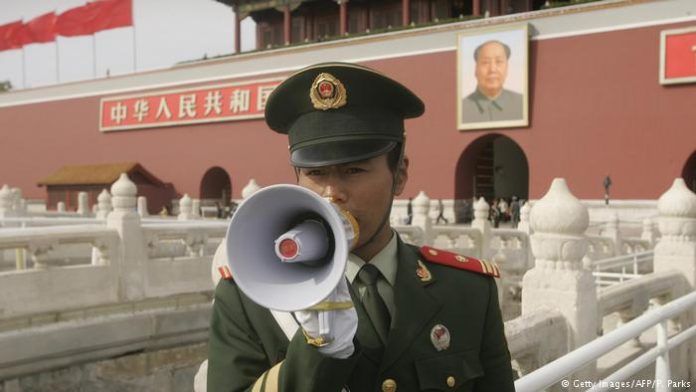
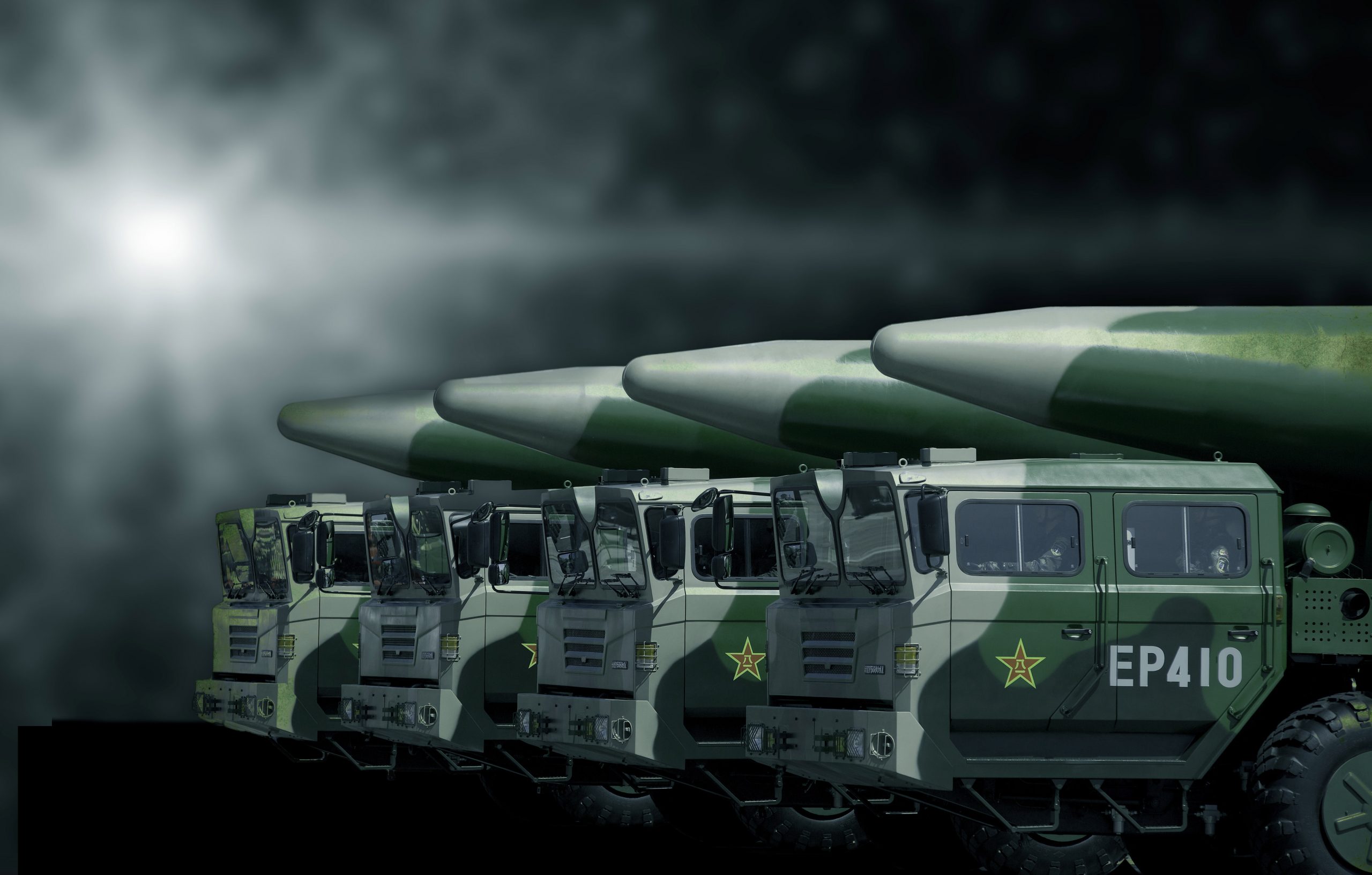
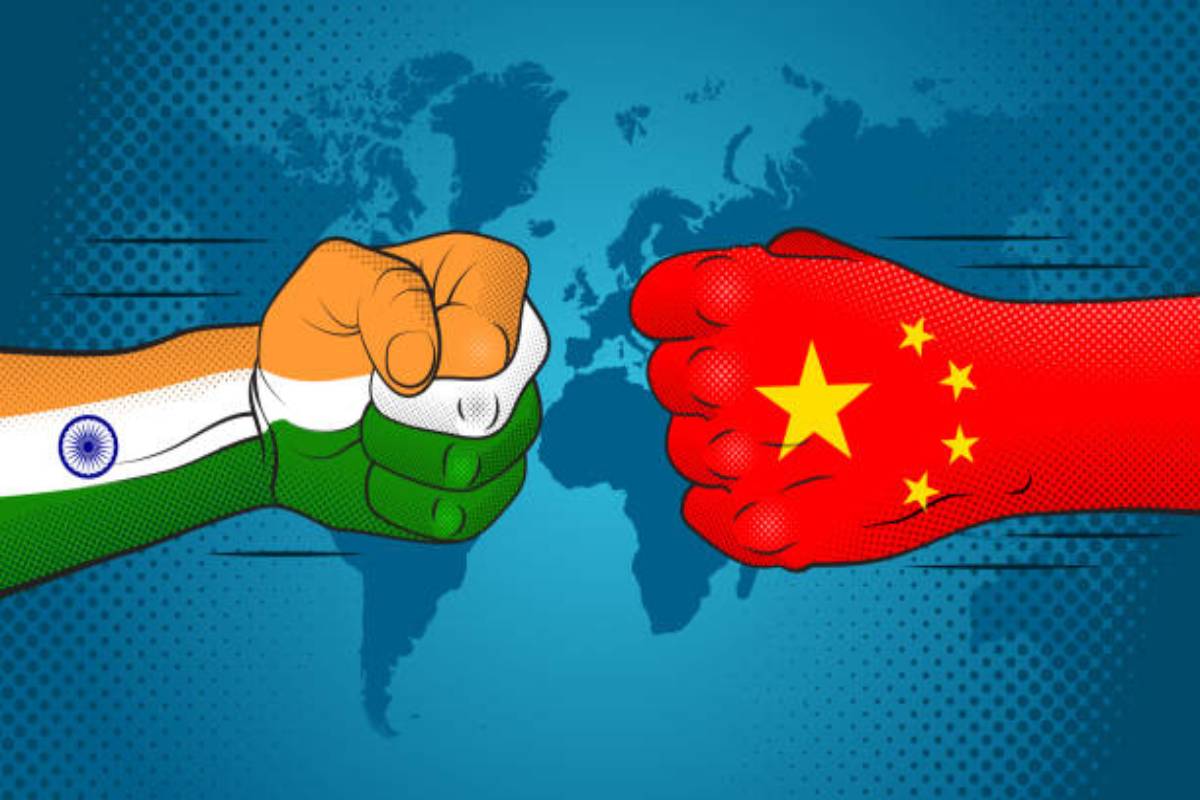
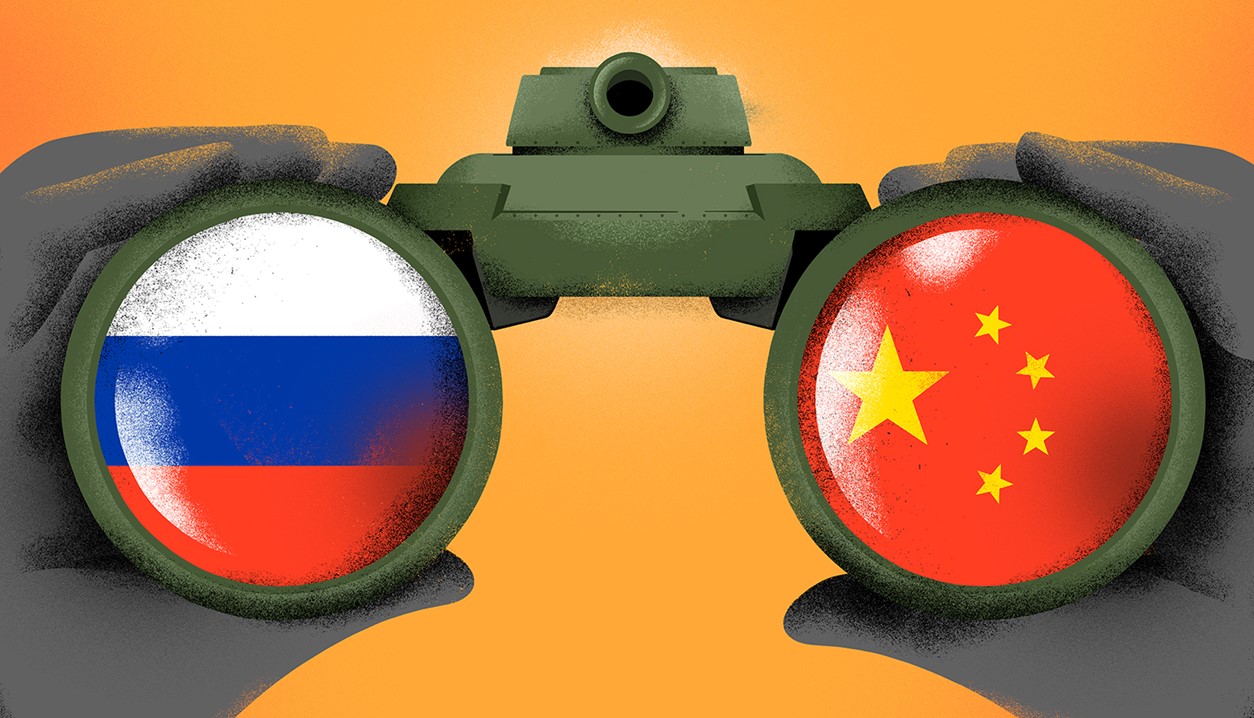
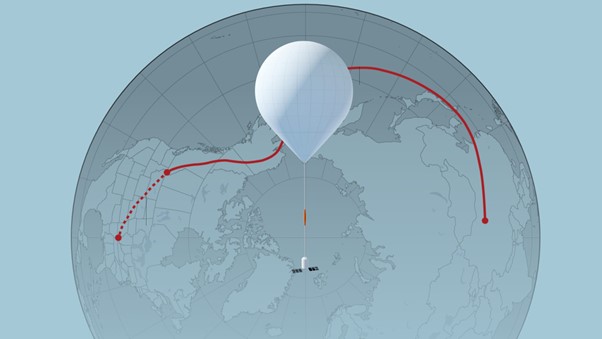
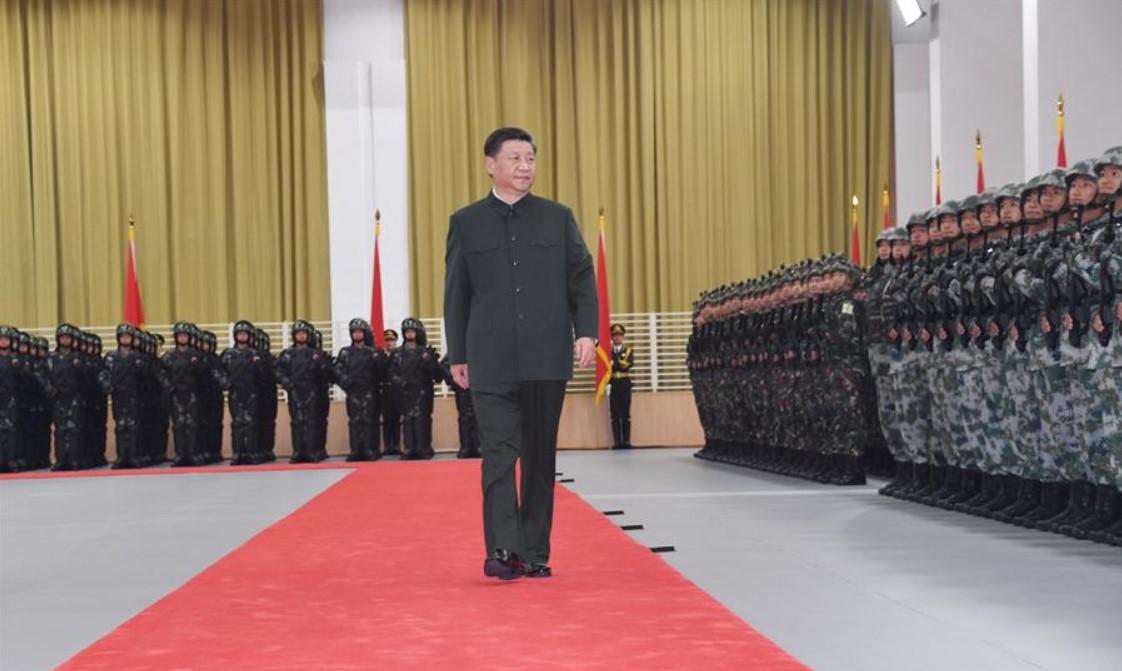
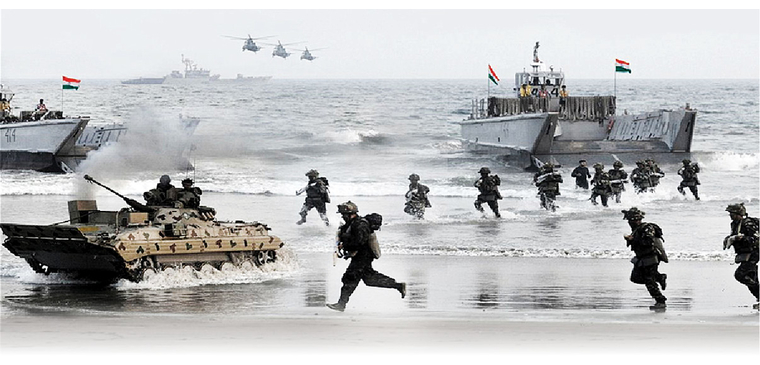

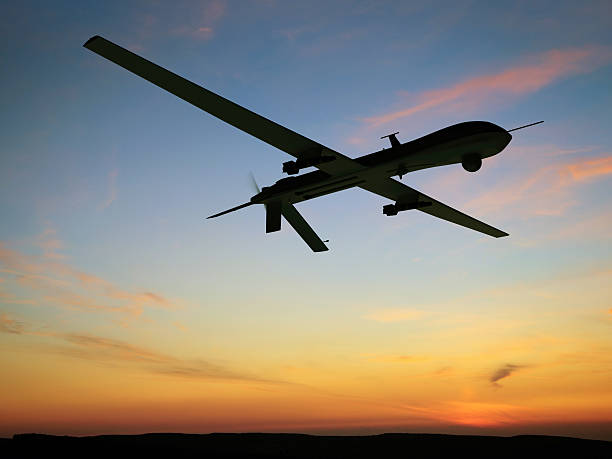






POST COMMENTS (42)
TP MADHU
Vinayak
Sanjeev ex Navy
Srinivas Kanugo
D’Nanda
Praveen Bhaik
YOGESH PAI
Atul Dewan
Simon Templar
Simon Templar
Rakesh P
Deovrat Pagay
Rajeev
Sid Gupta
Gp Capt TR Ravi VM (Ret'd)
SANJAY BODKHA
Hemant P Kumar
Rajesh Dhawan
ASHOK IYER
JJ Nijhawan
Rajeev Dalal
Ashish Popli
Raghu Vir Gauba
delta
Ashit Patel
Ashit Patel
Arun Kumar
Rominad
Veteran Go Capt Vasant Raj
Narinder Pal Singh Hora
Mahesh
Col Harjinder Singh
Wendell Bruges
Capt(IN) Sanjay Jaiswal
Raman
Harpal
GP Singh
Levina Neythiri
Sanjay
Veteran Col Atul Kumar
Rammohan
Debanil Bhattacharya